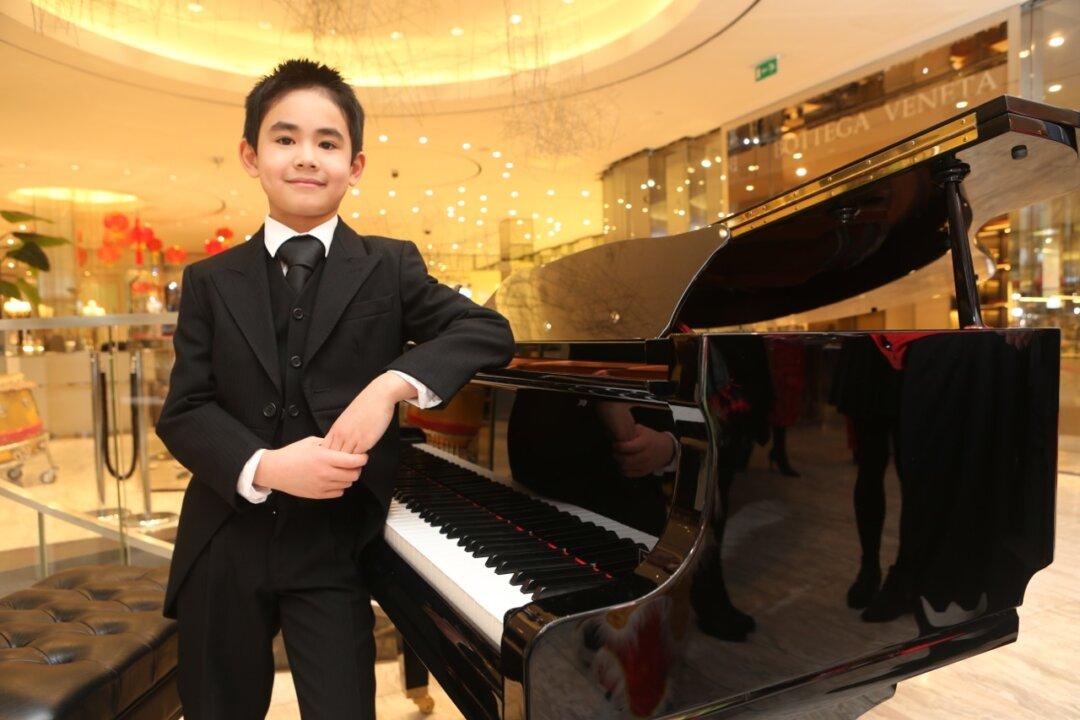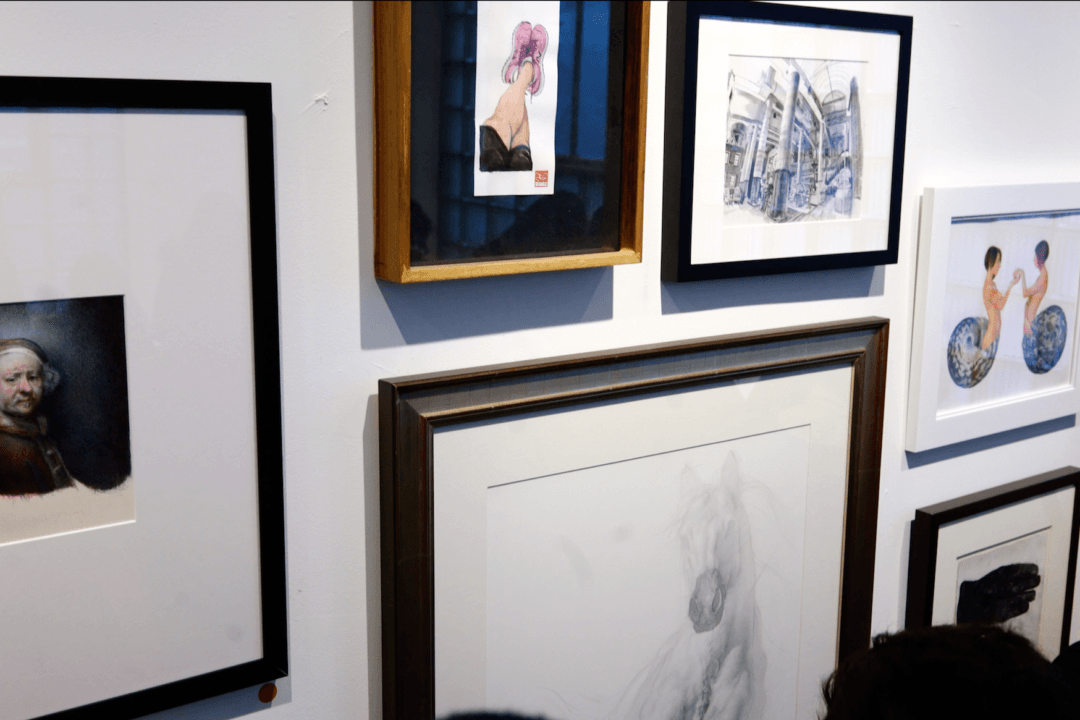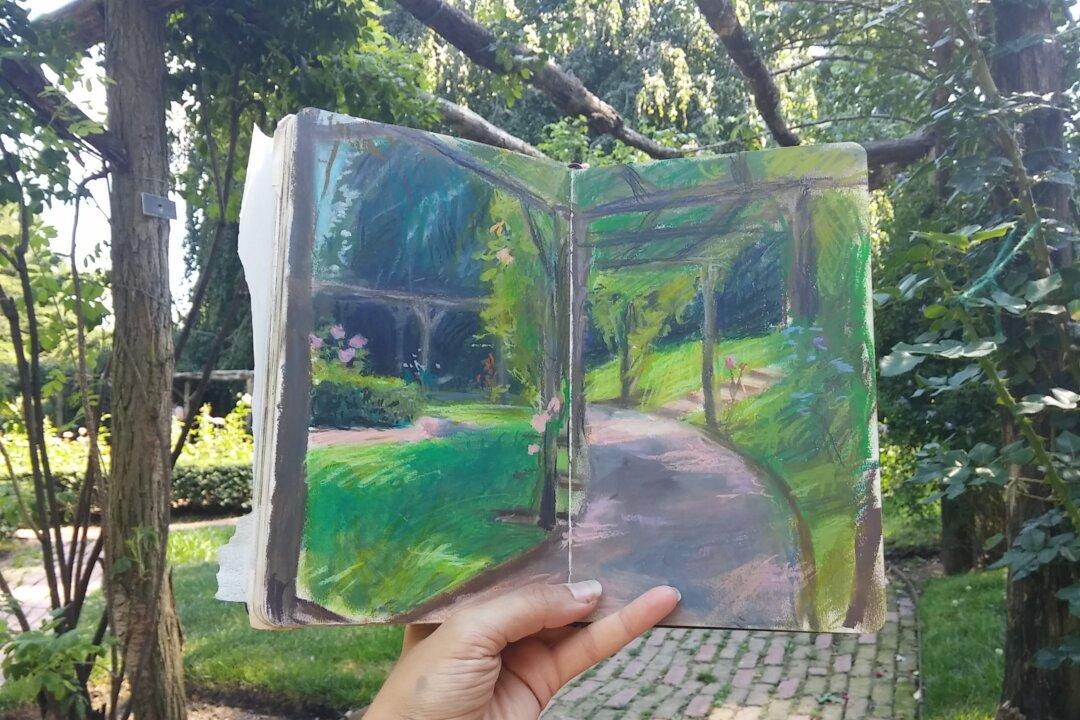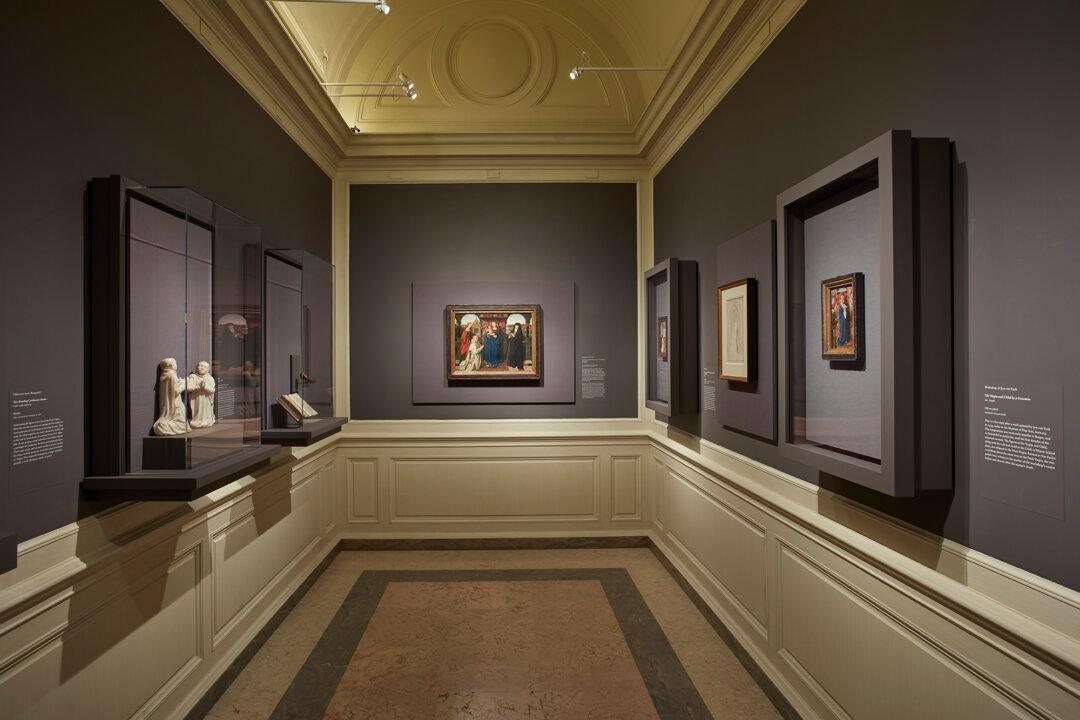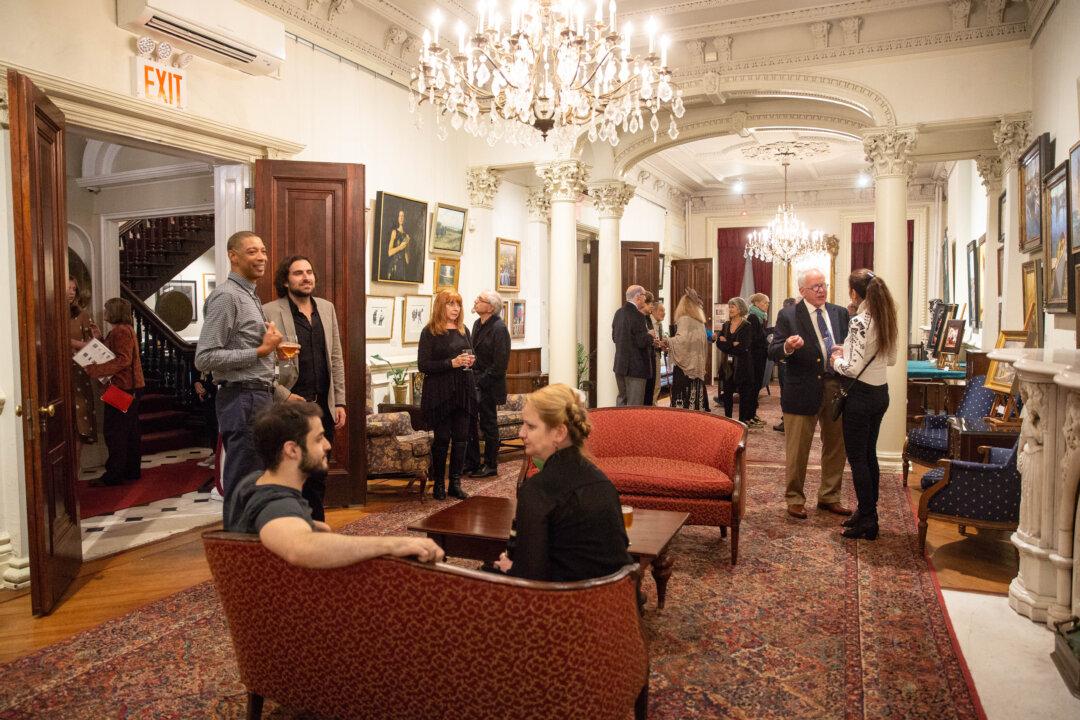NEW YORK—There are musicians, and then there are musicians. Yet, musicians with innate talent are not always known to the world. That spark of genius, which cannot be explained by hard work alone, must be discovered by someone who knows how to recognize it.
Dr. Julie Jordan, a Steinway piano artist, a master teacher, and an impresario, has a talent for recognizing that spark of genius. She is the founder and artistic director of the New York Concerti Sinfonietta, a series of performances that showcase the winners of the International Shining Stars Competition that she organizes.
Recognizing the Spark
Music is a means to connect, inspire, and uplift, and Jordan herself is a part of that. “Everywhere I go, I feel connected,” she said.

Julie Jordan, founder and artistic director of New York Concerti Sinfonietta, plays her Steinway grand piano in her Upper West Side studio in Manhattan on April 23, 2015. Benjamin Chasteen/Epoch Times

